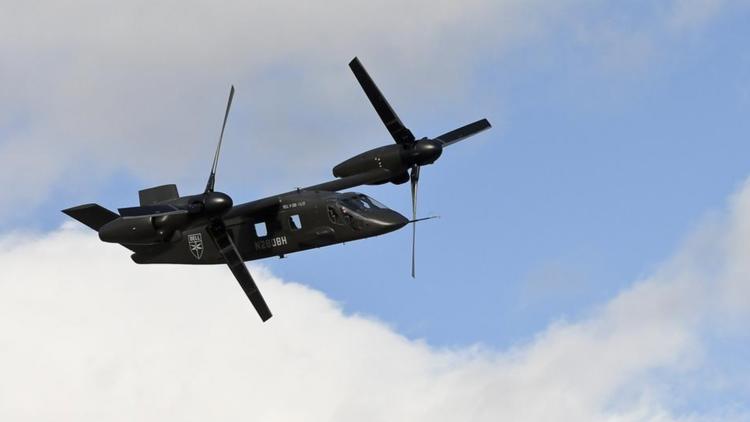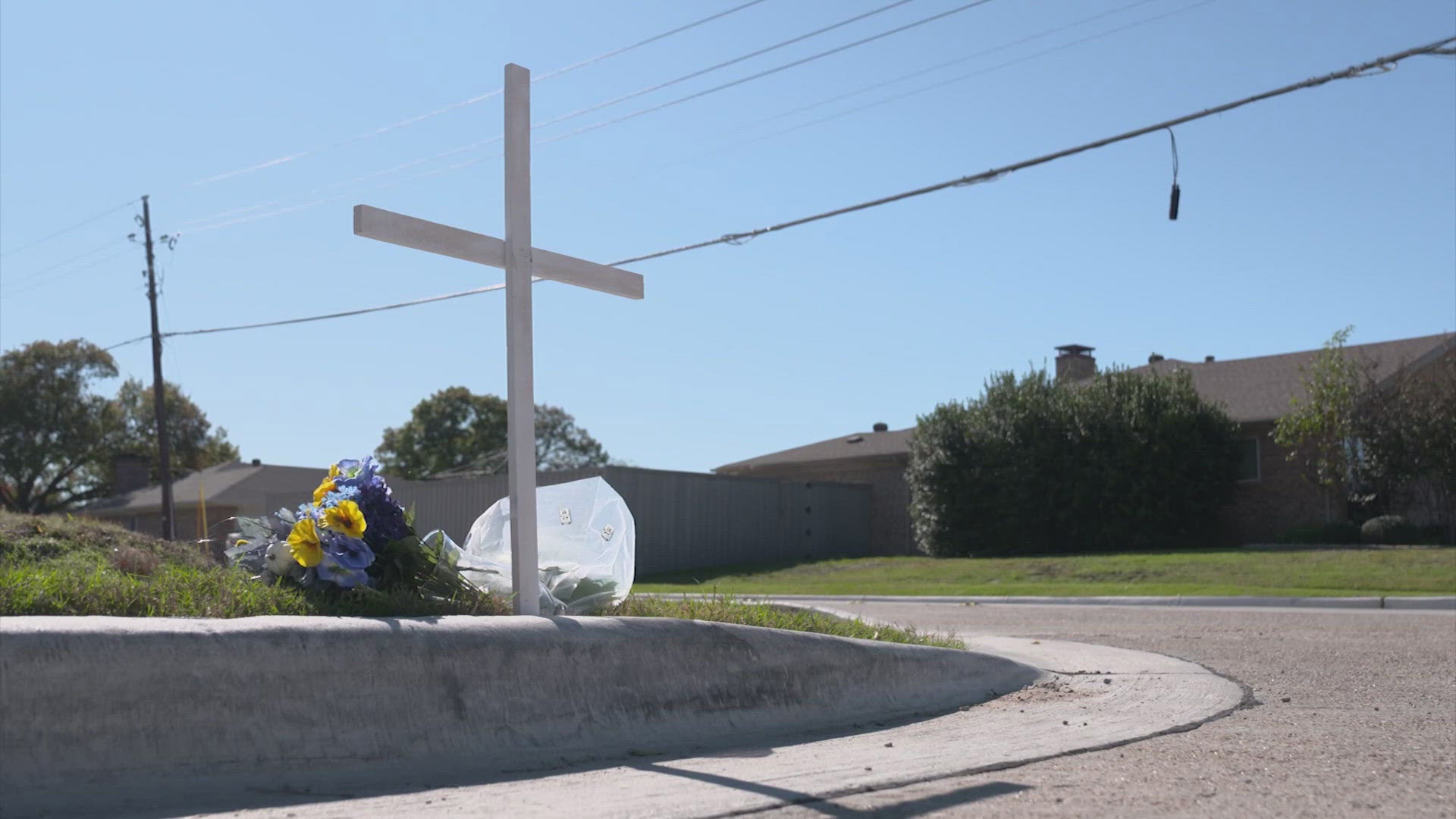FORT WORTH, Texas — Editor's note: This article was originally published in the Dallas Business Journal here.
Aerospace defense company Bell Textron Inc. appears closer to receiving state incentives for a $429 million advanced manufacturing plant it is considering locating in far north Fort Worth.
The Northwest Independent School District school board on the night of April 22 approved Bell’s for application for a 10-year tax abatement through the state’s new incentive program, Chapter 403. The approval from the school district moves the application forward and sets the stage for an agreement between Northwest ISD, the company and the state.
The company applied for the incentives in February, according to past Dallas Business Journal reporting. The Texas Comptroller’s office recommended to approve Bell’s application April 1. Now, the governor’s office has 30 days to decide whether to recommend the application. If all sides reach an agreement, it would go up for another vote by Northwest ISD trustees.
Bell is also seeking almost $2.7 million in Texas Enterprise Fund grants and has been offered a $1 million grant from the City of Fort Worth for the new plant, according to its application.
Bell is considering investing an estimated $429 million into a plant to manufacture components of its newest attack helicopter for the U.S. Army, the V-280 Valor, said Brian Chase, Bell’s vice president for international government affairs.
"We have identified one candidate site among a few," Chase told the school board at the April 22 meeting. "But a key site is just a short few miles away from here."
Bell, headquartered in Fort Worth, is considering locating the plant in a 447,373-square-foot building at 15100 N. Beach St. That's near Alliance in far north Fort Worth and used to be occupied by Stanley Black & Decker Tooling, according to the application.
The project would be a $429 million total investment: $272 million in manufacturing equipment and $157 million in real estate. Bell is proposing to expand the building by 5,400 square feet.
The project could create up to 411 jobs with an average annual salary of $85,000.
Bell was awarded a massive contract to provide the U.S. Army with its next generation attack helicopter, known as Future Long Range Assault Aircraft, which will eventually replace the Sikorsky UH-60 Black Hawk. The V-280 has a tilt-rotor design, meaning it can take off like a helicopter and fly like a turboprop aircraft, making it faster than a traditional helicopter. That contract could be worth $1.3 billion in the short term and possibly up to $70 billion across decades.
Bell is already investing in new buildings related to supporting the manufacturing of its new aircraft in the Dallas-Fort Worth area. It broke ground last year on a $20 million-plus Drive Systems Test Lab in Grand Prairie, which would test technology like gearboxes.
In March, Bell opened its Weapons Systems Integration Lab in Arlington, next to its existing Flight Research Center. The flight research center employs more than 220 people.
Inside the new space, Bell employees will test components of the aircraft such as the cockpit, hydraulics and electrics. Those systems are considered critical for safety, but also for speeding up development and testing, said Frank Lazzara, director of advanced vertical lift systems sales and strategy at Bell.
"It allows the test pilots to write all the checklists, write emergency procedures and then rehearse all of the test missions before they go flying in the actual aircraft," he said.
The government looks to cross a critical milestone in the helicopter project by the end of its fiscal third quarter. After that, Bell would enter into the aircraft building phases, Lazzara said. The systems integration lab would be fully built out by then and would be testing equipment before the aircraft flies. Final assembly of the aircraft would occur at the company’s factory in Amarillo.



